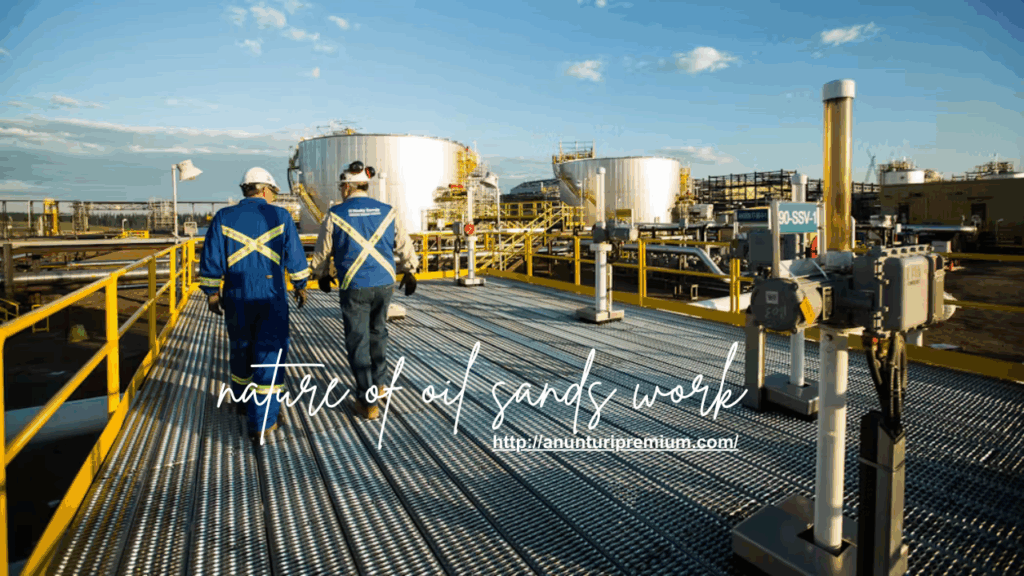
Beneath the economic promise of Alberta’s oil sands lies a stark and often overlooked reality: thousands of workers face immense personal challenges that take a toll on their mental health and well-being. For many, isolation, stress, and addiction form a vicious cycle that quietly affects lives behind the scenes of one of Canada’s most profitable industries.
Life in the Oil Sands: A Demanding Existence
Working in the oil sands means long, grueling hours—typically 12-hour shifts over several consecutive days, often followed by weeks away from home. Many workers live in remote camps far from urban centers, surrounded by industrial infrastructure and wilderness. While the pay is high and the jobs plentiful, the physical and emotional toll can be staggering.
Social isolation is one of the most common stressors oil sands workers face. Living far from loved ones for extended periods, often in cramped and impersonal camp accommodations, creates deep feelings of loneliness and detachment. The lack of social interaction and normal routine can exacerbate existing mental health issues, or give rise to new ones.
Stress as a Gateway to Substance Use
The nature of oil sands work is physically exhausting and mentally taxing. Heavy machinery, high-pressure systems, and safety-critical operations leave little room for error. The constant pressure to perform—combined with fears of layoffs during downturns—creates a culture of stress and anxiety that is difficult to escape.
To cope, many workers turn to alcohol and drugs. Stimulants like cocaine or methamphetamines are used to maintain energy during demanding shifts, while opioids or alcohol are taken to relax and disconnect from stress after hours. What may start as casual use to unwind can quickly evolve into dependency, especially without access to proper mental health support.
Addiction Behind the Scenes
Addiction is a growing issue in oil sands communities. In camps where workers spend long periods isolated from their support systems, substance use can spread quietly. Peer influence and a culture of “work hard, play hard” can normalize heavy drinking and recreational drug use.
The impact of addiction extends far beyond the camps. Workers struggling with substance use may experience deteriorating mental health, financial troubles, strained family relationships, and job insecurity. Many fear seeking help due to the stigma surrounding addiction and concerns about losing their livelihoods.
The Need for Support and Change
To combat addiction among oil sands workers, a cultural and structural shift is essential. Employers must take responsibility by offering confidential counseling services, mental health education, and access to addiction treatment. Creating a workplace culture that encourages workers to speak openly about their struggles—without fear of reprisal—is critical to early intervention.
Community organizations and provincial health authorities must also invest in outreach programs, harm reduction services, and better healthcare infrastructure in northern Alberta. Equally important is addressing the stigma that prevents so many workers from reaching out for the support they need.
Conclusion
The oil sands may drive economic growth, but they also demand a high personal cost from the workers who fuel them. Isolation, stress, and addiction are not just individual challenges—they are systemic issues that require collective action. By acknowledging and addressing these realities, we can build a more humane, supportive future for the people behind one of Canada’s most important industries.